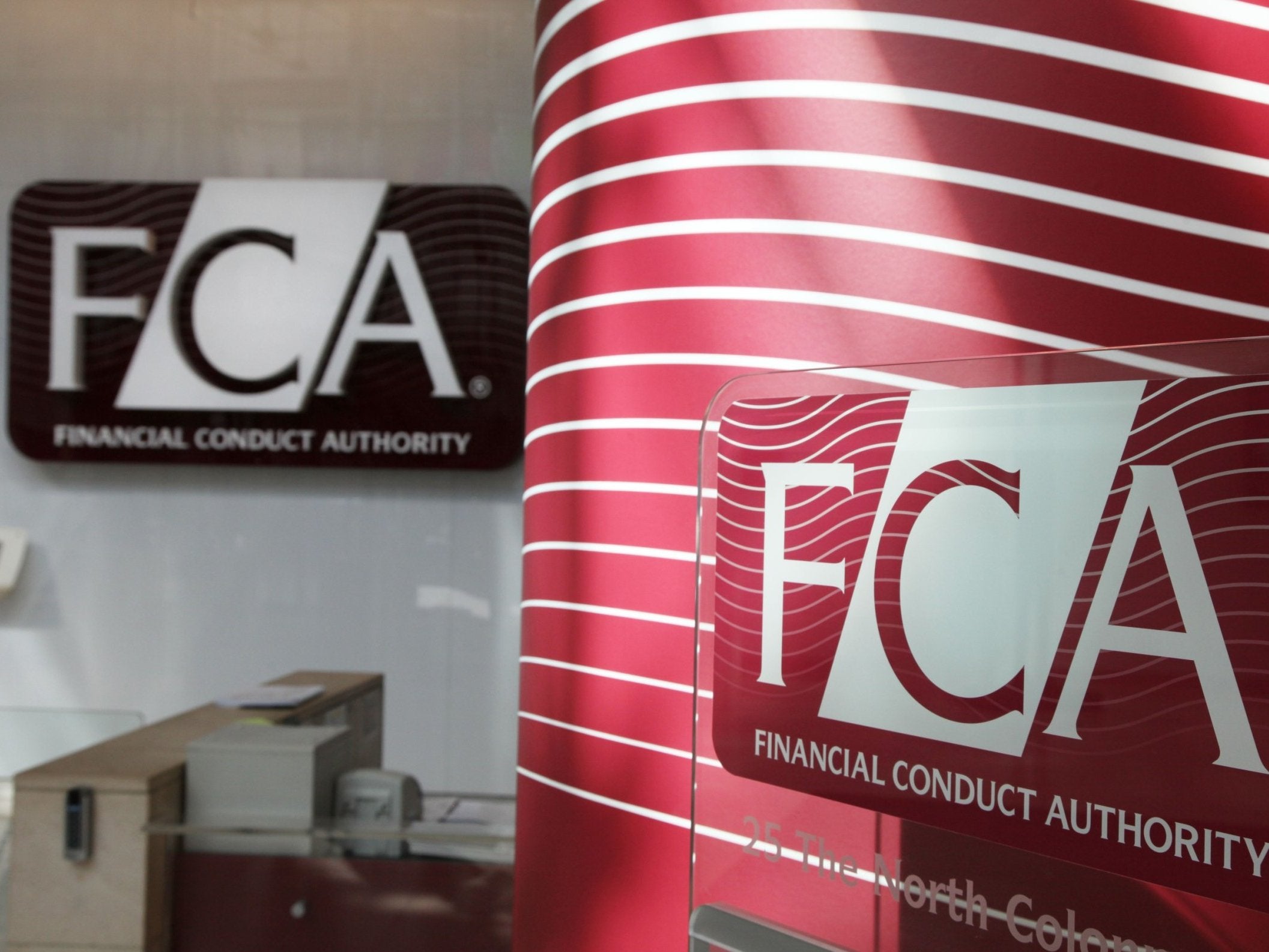Now is the time to act on sky-high overdraft fees
Banks have doubled rates for other customers and some may now go to the wall, writes James Moore


Dysfunctional” was how the Financial Conduct Authority (FCA) described the UK overdraft market when it announced a ban on the unfair charges banks currently impose on customers who go overdrawn without prior arrangement.
Trouble is, the ban has simply shifted the dysfunction from the one part of the market to another. A substantial minority of banking customers will soon see their interest bills doubling, prompting the regulator to demand an explanation.
This could yet develop into a nasty fight. But first, the background.
The watchdog acted out of concerns that banks were penalising disadvantaged and financially strained customers with usurious fixed daily or monthly fees when they fell into overdraft without prior arrangement. It decided to ban these, and also the imposition of higher rates. It wanted a simple single APR for all instead.
Banks being banks, that simple single APR is flying higher than one of those space planes Sir Richard Branson is keen on. Forty per cent is the going rate, roughly twice what many of the people with pre-arranged overdrafts were accustomed to paying.
Shop around, say the personal finance pages, and that’s good advice we should all heed because most of us don’t, and financial firms have it far too easy as a result.
Trouble is, you’re going to find it tough to get a better overdraft rate by doing that unless you have a tip top credit score, in which case you’re probably not the sort of person who’s going to need an overdraft very often anyway.
The rates are all clustered around the price point same point. Competition? There isn’t much sign of it.
When it announced its reforms to overdrafts, the watchdog said banks were making £2.5bn from them, nearly a third of which came from the unarranged ones.
The new charges have clearly been designed to preserve banks’ margins, just at the expense of a different group of customers.
The regulator is keen to stress that seven out of 10 people should either be better off or in the same position under the new regime, but that doesn’t change the fact that just under a third will find the hammer’s going to fall on them, and soon. Some of them will be only barely managing as it is. The overnight price hike they face could be enough to tip them over the edge.
The plight of people with large overdrafts has, in particular, attracted a great deal of comment in recent days, and the watchdog has taken note
In its letter it says it wants to “understand more about your new overdraft pricing and the measures you have in place to help customers who may be adversely impacted by the changes you are making to this pricing”.
In other words, “what do you lot think you’re playing at?”. There’s also a warning to play nice with those left drowning by this. Trouble is, banks aren’t always terribly good at doing that.
The FCA is clearly under pressure because the losers are screaming blue murder and with good reason. It looks like a good one for the new Treasury Committee to pick up and run with, and it may go beyond that.
In the meantime the two sides appear set upon a collision course. It’s hard to see how the banks are going to justify their decisions on grounds other than maintaining their margins and keeping their shareholders happy.
The FCA has introduced caps in other markets where lenders have behaved badly, for example, the payday loans market and the rent-to-own sector, but it decided against imposing a similar measure on overdraft rates.
It may need to rethink that. The clear, and glaring, lack of competition should be enough to justify fresh action.
Join our commenting forum
Join thought-provoking conversations, follow other Independent readers and see their replies
Comments